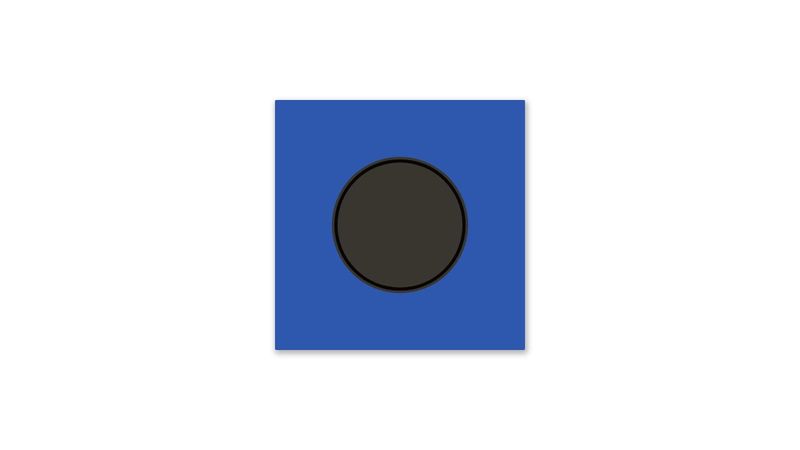
If you believe that, then this book is probably not going to convince you. As I look around at the growth of white Christian nationalism - voter suppression, opposition to women’s rights, words of praise to authoritarian leaders in other countries - I have a fear for the future my kids will grow up in.īut some will say, “wait a minute, white Christian nationalism is a myth! The real threat is Critical Race Theory and antifa and socialism!” This is because it has also grown into a threat not just to the church, but to the state. The good news is that more people are noticing and talking about nationalism. For what its worth, I’ve seen nationalism as the chief sin of evangelicals since my seminary days in the early 2000s, so no one can say I am just jumping on some bandwagon. As a Christian, I find white Christian nationalism absolutely abhorrent and anti-Christian. If you agree with either of those points, then this book is a must-read. Throughout the book the authors, Philip Gorski and Samuel Perry, focus more on the twin point - “White Christian nationalism is the greatest threat to the unity, democracy and even existence of the United States today.” Jemar Tisby makes this statement in his Foreward. Jemar Tisby makes this statement i “White Christian nationalism is the greatest threat to the witness of the church in the United States today” (xi). “White Christian nationalism is the greatest threat to the witness of the church in the United States today” (xi). Perhaps all this is tied together - rather than a fear of the change scientific findings will bring, an imagination tied to the grandeur of God is open to wider and deeper understandings of the divine. “When they upset the religious establishment it is not because they have done anything to diminish God: they only diminish or - even more frightening - change the current establishment’s definition of God” (183). We human beings far too often tend to codify God, to feel that we know where he is and where he is not, and this arrogance leads to such things as the Spanish Inquisition and the Salem witch burnings and has the result of further fragmenting an already broken Christendom” (23)įinally, she talks about her love of science and how what she learns relates to her faith: “I don’t mean to water down my Christianity into a vague kind of universalism, with Buddha and Mohammed all being more or less equal to Jesus - not at all! But neither do I want to tell God (or my friends) where he can and cannot be seen. She does not, though she does offer profound thoughts on the relationship of Christianity to other religions: One of the reasons I picked up this book was that I had learned L’Engle was a Christian universalist and I thought it was here she talks about that. “But if a book is not good enough for a grownup, it is not good enough for a child” (105)īeing a parent, I have rediscovered joy in reading some of the books my children have been reading. “A Children’s book is any book a child will read” (104” I love what she says about children’s books: Rather than growing up from fantasy, fairy tale and myth, it is these stories which are the vehicle for teaching us truth. And yet we are still being taught that fairy tales and myths are to be discarded as soon as we are old enough to understand ‘reality’” (45). “And so I knew that it was in story that I found flashes of that truth which makes us free.

She reflects on faith and art, arguing that it is in stories that we encounter truth: This is the first non-fiction work of L’Engle’s I’ve read. Over time new authors were added to this list - George MacDonald, GK Chesterton, Marilynne Robinson, David Bentley Hart and, of course, Madeline L’Engle. I did not realize it at the time, but these writers who first piqued my imagination were also theologians who spoke to my heart. It might be dry and boring, but it covered a lot of ground and was comprehensive.Īs a child, my imagination was capture by Lewis’ Chronicles of Narnia and Tolkien’s Lord of the Rings. This is quite different than what I learned when I first encountered theology I had the impression theologians were the ones who could catalog and synthesize scripture in the most comprehensive fashion. The best theologians have vivid imaginations and through their words can capture our imaginations. I have long been coming to realize that the test of a good theologian just might be whether they can write a good story. I have long been coming to realize that the test of a good theolog “We lose our ability to see angels as we grow older, and that is a tragic loss” (9). “We lose our ability to see angels as we grow older, and that is a tragic loss” (9).


 0 kommentar(er)
0 kommentar(er)
